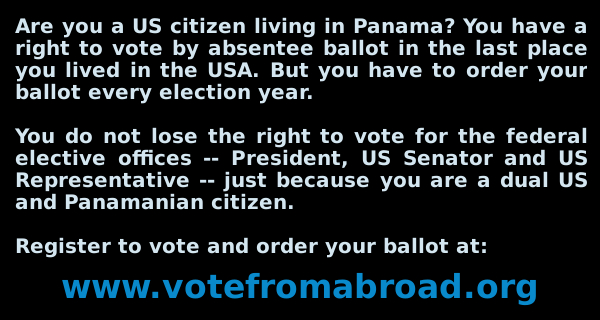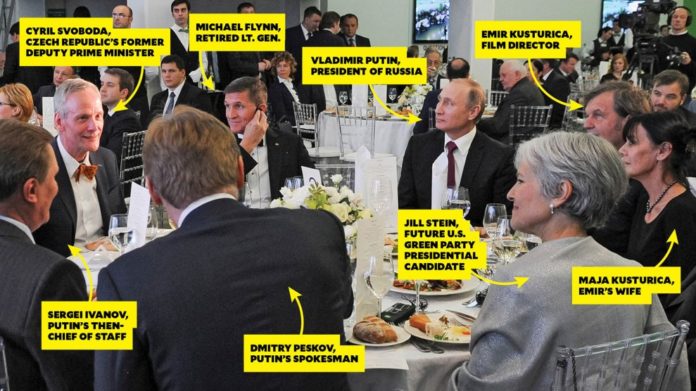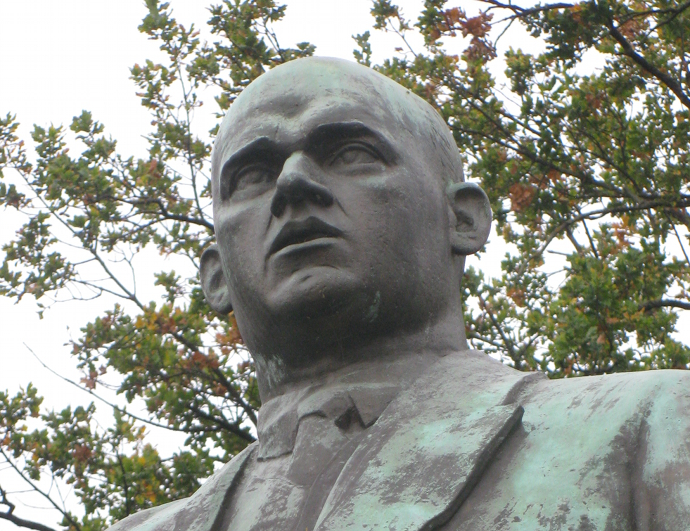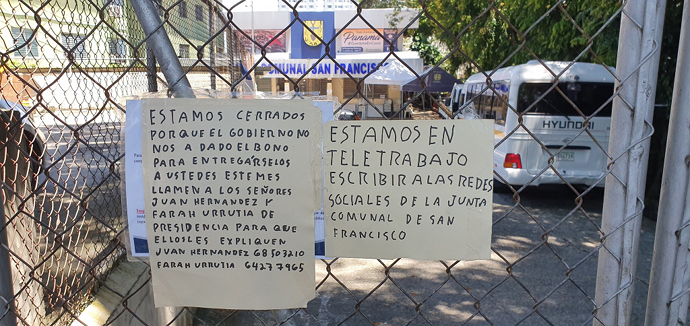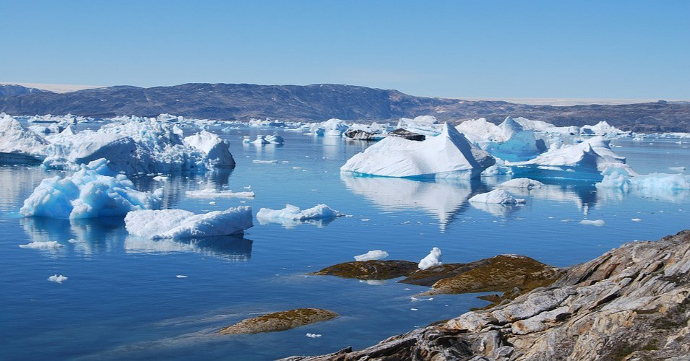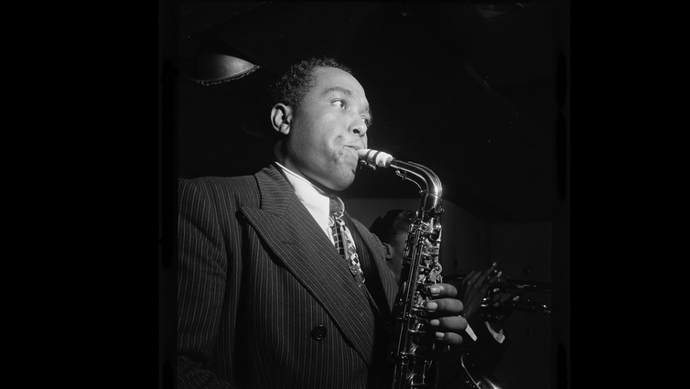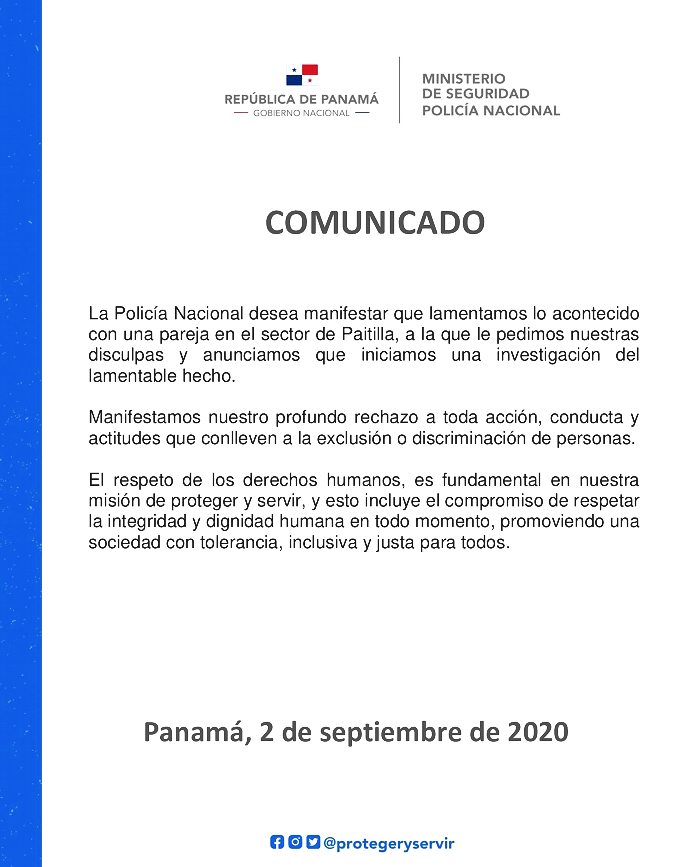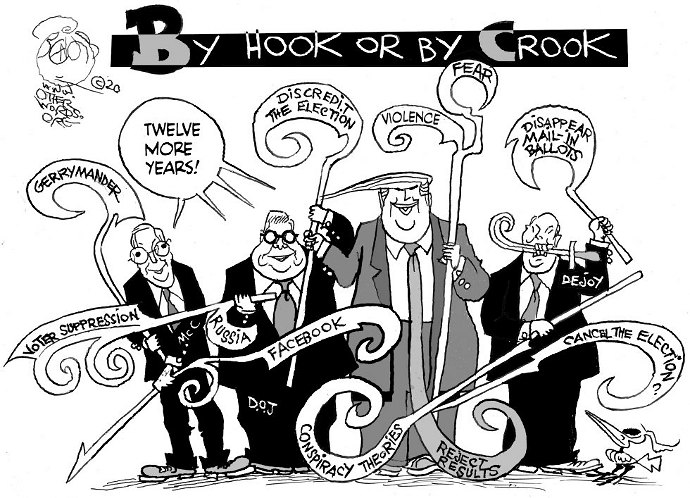“… que aún siguen desperdigados entre el fanatismo, el oportunismo o el liderazgo comprometido, para hacerse a la vela del atracadero, hacia el país íntegro, urgido de equidad, inclusión y ciudadanía.”
Omar
Los “desmostrencados”
por Norma Núñez Montoto
Desde que entró en el tiempo, Omar Torrijos tomó posesión de su existencia. Había nacido en Santiago de Veraguas, Panamá, el 13 de febrero de 1929, y cayó en Coclesito el 31 de julio de1981. Tenía entonces, 52 años.
Su vida ha sido inventariada a medida que la distancia se va ensanchando entre los años que vivió y los que Omar debió vivir. Prematura quizás, no fue su muerte, sino su existencia, porque en cincuenta y dos años de presencia física, estaba destinado a cumplir una agenda anticipada a su tiempo. De ese breviario destaca, sin duda, su inconmensurable apremio para recuperar la soberanía, paso obligado para el perfeccionamiento de nuestra independencia.
Lo recuerdo pergeñando por el mundo aquellas páginas, braceando la Patria Vida hacia una orilla que huía despavorida por los espantos lúgubres del acecho, bien lo sabía, ensayando el epílogo más digno posible en ese largo y tortuoso camino. Así lo encontré aquel cinco de septiembre de 1977 en Washington, donde me hallaba para hacer la cobertura periodística de la firma de los Tratados Torrijos Carter.
A escasas horas de producirse este acontecimiento, que tendría lugar el 7 de septiembre de ese año, y a pesar del contrapunteo persistente de algunos medios de comunicación norteamericanos para distorsionar la opinión pública de ese pueblo, ésta empezaba a inclinarse a favor de la firma de los Tratados, cuyos signatarios serían el Presidente de los Estados Unidos, James Carter y el Jefe de Gobierno de Panamá, Omar Torrijos Herrera.
Los especialistas en protocolo y seguridad nos confirmaron que el fin de semana había girado en torno a la reunión de Presidentes y Jefes de Estado que llegarían a Washington para participar en la ceremonia. En las fuentes oficiales se insistía que la reunión diplomática de tanta jerarquía daría lugar a la imposición de las medidas extraordinarias de seguridad más estrictas que Washington jamás habría conocido.
El servicio secreto norteamericano tendría la responsabilidad de dar protección a los Presidentes y Primeros Ministros que iniciarían su llegada ese lunes 5 de septiembre, procedentes de países de América Latina, el Caribe y Canadá, para asistir el miércoles en la noche del día 7 a la firma de los Tratados.
Noriega dirigió la coordinación conjunta con la seguridad de los Estados Unidos
Las Agencias de Seguridad de los Estados Unidos cumplirían las funciones de vigilancia y seguridad de los mandatarios, pero cada Jefe de Estado podía llevar sus propios agentes de seguridad. El General Omar Torrijos confió su seguridad al entonces Teniente Coronel Manuel Antonio Noriega, quien encabezando la seguridad panameña protagonizó la coordinación conjunta con la seguridad de los Estados Unidos. Torrijos había reiterado: “Me siento sumamente orgulloso, me siento altamente complacido, distinguido de ser el Comandante de los seis mil hombres más leales que he conocido en la vida”.
El Departamento de Estado había anunciado el sábado 3 de septiembre, que veinticuatro naciones del hemisferio occidental habían aceptado la invitación del Presidente James Carter para presenciar la firma de los Tratados en la Organización de los Estados Americanos, OEA. Torrijos llegaría el lunes en la noche y sostendría una reunión de introducción con Carter el martes siguiente. Cada Jefe de Estado recibiría un saludo de bienvenida en la Base Aérea Andrews, aunque, por cuestiones de seguridad, no se informaba sobre la hora de llegada de cada gobernante.
Una fuerte corriente adversa se respiraba en Washington
El panorama mediático norteamericano no favorecía la firma de los Tratados. Estos tenían que ser aprobados por el Senado antes que pudieran entrar en vigor, y una fuerte corriente adversa se respiraba en Washington, al menos así lo registraban sus periódicos, que subrayaban la oposición en el Congreso y, especialmente, así lo resaltaban, el rechazo por parte del pueblo de los Estados Unidos.
El reloj corría más rápido que los periodistas del Tercer Mundo que nos encontrábamos en Washington para transmitir los hechos desde una óptica consecuente con la lucha centenaria que los panameños habíamos protagonizado a través de tormentosas relaciones de persistente confrontación con los Estados Unidos y, de alguna manera, nos sentíamos también dueños de la fiesta, legítimos representantes de la reivindicación de un continente agredido de manera obcecada por esa nación, que ahora parecía recibirnos con “mala cara” pero que, en fin, era nuestra anfitriona.
Gallup: De menos cero, a un 39 % a favor de la firma de los Tratados
Las cifras que aquel día demostraron otra realidad, por cierto no registradas en los medios de comunicación de Washington, nos permitieron la licencia de una sonrisa de esperanza. La firma encuestadora Gallup confirmaba que la causa de Panamá se había posesionado, de un supuesto casi menos cero, en un treinta y nueve por ciento en la opinión norteamericana a favor de la firma de los Tratados. Los periódicos que respondían al stablishment, resaltaban el cuarenta y seis por ciento que se pronunciaba en contra. Un quince por ciento aún no había tomado partido, lo que significaba que no estaba definido a favor del rechazo.
Iowa, Indiana, Idaho y Luisiana, adversaban los Tratados
Todo lo que favorecía la objeción era ponderado, como Pedro por sus páginas, para ganarle la partida a Panamá. Así se desplegaba que los Estados de Iowa, Indiana, Idaho y Luisiana pedían a la Corte Suprema de Justicia norteamericana que le prohibiera a Carter la firma de los Tratados, hasta que se resolvieran las cuestiones de orden constitucional. El martes había sido señalado para que este Tribunal definiera si se consideraría o no la solicitud. La idea era mantener en vilo el ánimo de los que aspirábamos el sosiego patrio, tras la culminación de una etapa escabrosa en la historia de nuestras relaciones con los Estados Unidos de América. De manera pendular, se mantenía la zozobra, aunque también se auguraba que la respuesta de la Corte sería adversa a la solicitud de Iowa, Indiana, Idaho y Luisiana.
Los observadores, una fuente cotidiana de la United Press Internacional, UPI, suscribieron que fue precisamente el hecho de la gran oposición que habían despertado los Tratados sobre el Canal, lo que hizo que el Presidente Carter resolviera dar resonancia tan fastuosa y espectacular a la firma de los trascendentales documentos, por el efecto sicológico que tal despliegue de armonía continental podría tener en los medios de la oposición.
Omar consolidaba el frente interno
Mientras tanto, Omar siempre procuraba tomarle el pulso al pueblo en torno a las decisiones que asumiría y sabía afectarían su vida de manera concluyente. Por eso, cuando llegó a Washington ese lunes, ya se había reunido con la Asamblea de Representantes de Corregimientos en Sesión Extraordinaria, ante quienes se presentó con el equipo de negociadores de los Tratados, con el Presidente de la República, Ingeniero Demetrio Basilio Lakas y su Vicepresidente Gerardo González, para informar y escuchar opiniones en torno a los Tratados que se firmarían en septiembre.
Su voz atávica, por la magnitud del mensaje que traía, procuraba resumir más de setenta años de lucha generacional. Le hablaba a los Representantes de Corregimientos, que yo resumo en la figura de Héctor Rodríguez, un humilde e inteligente agricultor extraído de los Asentamientos campesinos de Capira, y a quien Omar se llevó a Washington para que plasmara en su pupila y en su memoria todo lo que ningún periodista podría describir.
Frente a Héctor, Omar hablaba a Panamá, a América y al mundo, reiterando que ellos sabían que muchos de los cementerios de rebeldía de este país están llenos de cruces de jóvenes que se inmolaron por ver irrespetada su soberanía y su dignidad.
Omar aseguraba que la firma de los Tratados era un triunfo y que el país tomaría otro rumbo porque, en sus propias palabras, le ponía fecha de cumpleaños a la erradicación de cada una de las estacas colonialistas que en ese momento estaban vigentes. Omar estaba legítimamente orgulloso, entre otras cosas, porque había cambiado el término perpetuidad de los Tratados originales, por 23 años. El decía que perpetuidad, era la eternidad más uno.
A Omar sólo le quedaban cuatro años para cumplir su tarea
Omar tenía entonces 48 años. Los muchachos impacientaban. Sólo le quedaban cuatro años para cumplir su tarea. Nunca reclamó como un logro personal el triunfo de haber logrado sentar a los Estados Unidos a conversar, negociar y firmar un Tratado. Siempre reconoció con mucho respeto y admiración la lucha de todas las generaciones pasadas que, dentro de sus propias circunstancias, lucharon con todo esfuerzo, valentía y empeño por erradicar el enclave colonial que dividía a la Patria.
Omar le llamaba la aristocracia del patriotismo a aquellas generaciones que se inmolaron por la liberación del país. Él había elegido una ruta más larga, pero sin sangre, sin el sacrificio de no menos de 50 mil jóvenes panameños que por haber “sobresentido” la causa de su Patria, estaban testimoniando que significaban la aristocracia del patriotismo del país, las que, según Omar, habrían dejado “desmostrencadas” completamente, sin futuros dirigentes, porque lo mejor, la aristocracia del patriotismo, del talento y del coraje hubiese sido inmolado en esos 1,432 kilómetros cuadrados, que constituían la Zona del Canal de Panamá.
Yo viví el no traspassing
Yo lo sabía, porque viví diariamente recorriendo las ocho millas de ida y vuelta entre Arraiján, donde nací, y la capital, para asistir a la escuela secundaria. Arraiján es el primer pueblo de la Provincia de Panamá hacia el área oeste del país. Ocho millas de territorio nacional cercado con alambradas prohibiendo en inglés el paso hacia la izquierda y hacia la derecha, no traspassing, porque allí estaban los polígonos de tiro donde se entrenaban los norteamericanos para ir a la guerra. Ocho millas plagadas de policías gringos que controlaban la velocidad d los autos y el trepidar del corazón, cuyas infracciones debíamos pagar en la Corte de Balboa del Gobierno de los Estados Unidos. Creo que nosotros no teníamos conciencia que entre Arraiján y la capital, lo que teníamos era una servidumbre, la dispensa concedida por los Estados Unidos a nosotros, los verdaderos dueños.
Escuchando a Omar hablarle a los Representantes de Corregimientos, yo sentía que él descifraba un poco mi inmemorial rabia, cuando visualizaba desde su helicóptero el sector de Amador siendo el hogar de veinte mil niños panameños que jugarían en ese campo, sin temor a que alguien les dijera que su presencia era ilegal, intrusa, en un suelo que a nosotros pertenecía. Porque fue precisamente en el límite entre el Chorrillo y la Zona, que un policía gringo, al verme tomando fotografías, me preguntó: ¿qué quieres fotografiar? Yo respondí: al Cerro Ancón. Tomándome por los hombros, me dio media vuelta hacia el Chorrillo y me dijo: “¡Tómale fotos a esas cajetas de fósforos, que eso es Panamá!”. Fueron las mismas “cajetas de fósforos” que el 20 de diciembre de 1989 bombardearon los gringos; quemaron las casas con los niños y padres y madres y abuelos adentro, algunos de los cuales quizás hubieran sido de esos veinte mil niños panameños que Omar quería que jugaran en el campo de Amador.
Ganar la guerra sin perder la memoria…
Ganar la guerra sin perder la memoria, no es retórico. Es un respiro profundo, doloroso, caliente; es el inmemorial dolor profundo de parto de Joaquina Herrera de Torrijos, la Maestra, la madre que alumbró a Omar el 13 de febrero de 1929. Ganar la guerra sin perder la memoria, es asumir el compromiso de “sobresentir” el bochorno de la Patria ayer sometida y reconocer, sin sesgos, cálculos, ni egoísmos, el coraje de haber logrado arrancársela de las garras al bandido. Ganar la guerra sin perder la memoria, es jamás decapitar una causa colectiva por una extravagancia egoísta, individual a contrarreloj.
Ganar la guerra sin perder la memoria, es no sentir miedo del “otro” que se acerca para aprender, participar y sumar; se trata de los “desmostrencados” que decía Omar, que aún siguen desperdigados entre el fanatismo, el oportunismo o el liderazgo comprometido para hacerse a la vela del atracadero, hacia el país íntegro, urgido de equidad, inclusión y ciudadanía.
~ ~ ~
Estos anuncios son interactivos. Toque en ellos para seguir a las páginas de web







